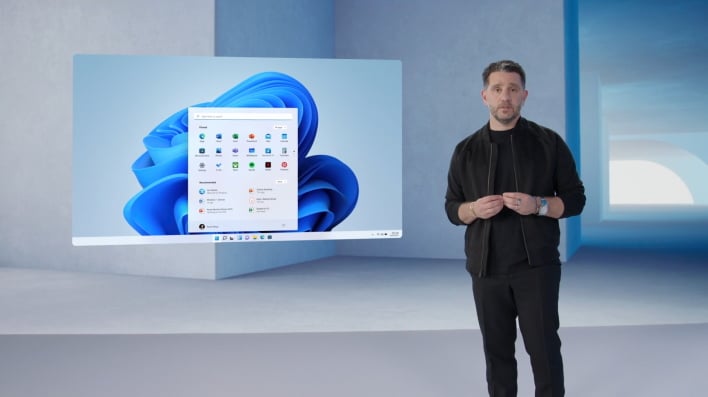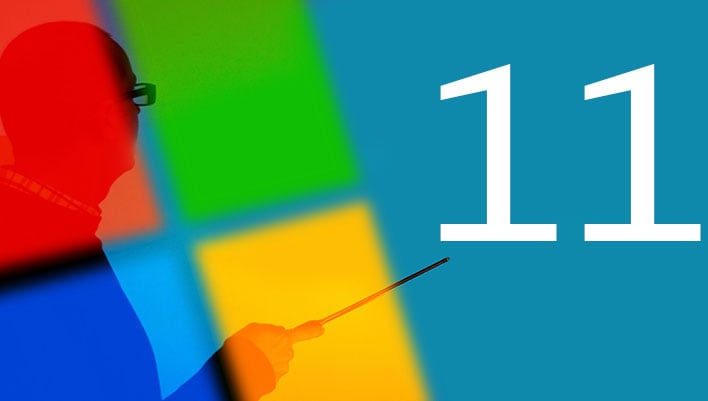Microsoft Is Rethinking Windows 11 Minimum Requirement For These Popular AMD And Intel CPUs

The processor cutoff was particularly puzzling, considering that AMD’s first-generation Ryzen 1000 processors came out in 2017, which is not that old in the grand scheme of things. For example, the 8-core/16-thread Ryzen 7 1800X is still a perfectly acceptable processor for everyday productivity tasks.
After hearing the outcry from the PC community, Microsoft posted a new blog today detailing a rethink of its minimum system requirements. “As we release to Windows Insiders and partner with our OEMs, we will test to identify devices running on Intel 7th generation and AMD Zen 1 that may meet our principles,” wrote the Windows Team. “We’re committed to sharing updates with you on the results of our testing over time, as well as sharing additional technical blogs.”

The fact that Microsoft is looking into these older processors is promising, but there’s no guarantee that they’ll meet its performance standards for Windows 11. As for why the company settled on its Ryzen 2000/7th gen Core cutoff in the first place, Microsoft provides these three justifications:
- Security. Windows 11 raises the bar for security by requiring hardware that can enable protections like Windows Hello, Device Encryption, virtualization-based security (VBS), hypervisor-protected code integrity (HVCI) and Secure Boot. The combination of these features has been shown to reduce malware by 60% on tested devices. To meet the principle, all Windows 11 supported CPUs have an embedded TPM, support secure boot, and support VBS and specific VBS capabilities.
- Reliability. Devices upgraded to Windows 11 will be in a supported and reliable state. By choosing CPUs that have adopted the new Windows Driver model and are supported by our OEM and silicon partners who are achieving a 99.8% crash free experience.
- Compatibility. Windows 11 is designed to be compatible with the apps you use. It has the fundamentals of >1GHz, 2-core processors, 4GB memory, and 64GB of storage, aligning with our minimum system requirements for Office and Microsoft Teams.
In addition to the aforementioned AMD and Intel processors, Microsoft also says that Qualcomm Snapdragon 7- and 8-Series SoCs are fully compatible out of the box with Windows 11.
For those who want to hop in and install Windows 11, it is available now via the Windows Insider program. Also, be sure to download the Windows 11 Health Check app to see if your system is compatible before you run into disappointment.

